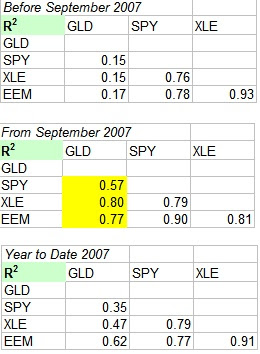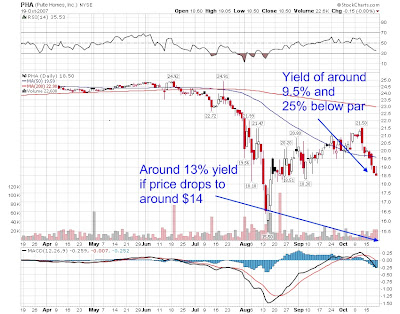Some Estimates on the Needed Housing Inventory Reduction
UPDATE: Here is an article from BusinessWeek talking about the housing inventory. WSJ Economics Blog refers to Richard Berner of Morgan Stanley who is forecasting the needed decline in housing starts and prices to bring a balance to the industry. Brace for a much deeper housing retrenchment: Builders may have to cut 40% more from single-family housing starts to balance out supply and demand, Morgan Stanley chief economist Richard Berner says. At the same time, real home prices will have to drop by 10% to make housing more affordable. “Neither that construction decline nor its potential effect on economic activity seems to be in any forecast,” he says in a note to clients today. I don't have access to research reports (except some free ones from my discount broker) so I'm not sure what they are saying. But this is the first time I have seen some concrete numbers for the decline that is needed. Already, housing starts have dropped by almost a third over the last year to an an...



.jpg)

